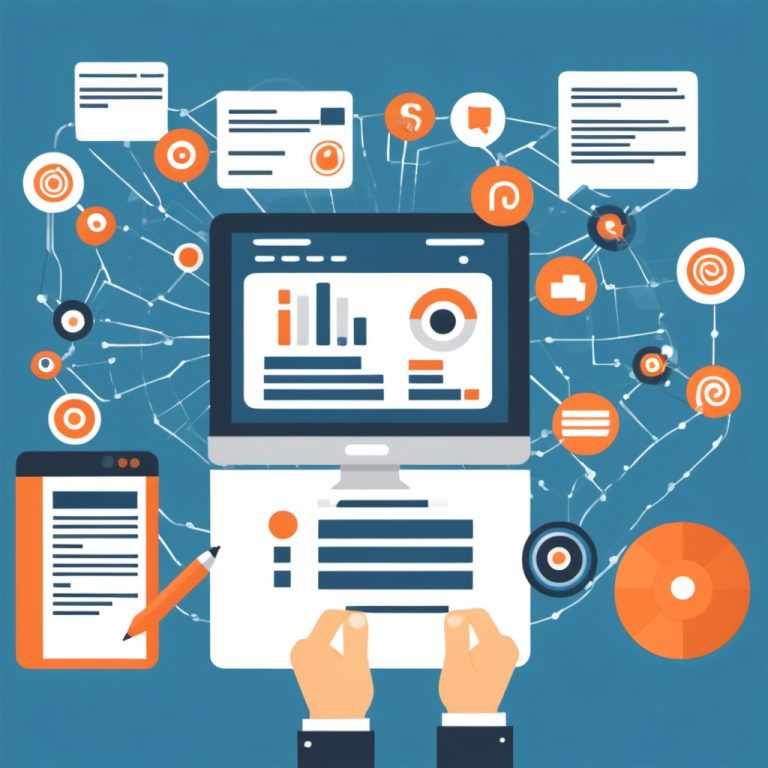In the tech industry, technical skills are undoubtedly crucial, but soft skills play an equally significant role in career success and professional growth. Soft skills—such as communication, teamwork, problem-solving, and adaptability—complement technical expertise and enhance your ability to perform effectively in tech roles. Here’s why soft skills are important in tech professions and how they contribute to overall success:
1. Effective Communication
Clear Articulation:
- Explaining Technical Concepts: Tech professionals often need to communicate complex technical concepts to non-technical stakeholders, including clients, team members, and management. Effective communication ensures that your ideas are understood and that you can convey technical information clearly.
Collaboration and Teamwork:
- Team Interaction: Working effectively within a team requires strong communication skills. Being able to express your ideas, listen to others, and provide constructive feedback fosters collaboration and enhances team performance.
Documentation and Reporting:
- Writing Skills: Tech roles often involve creating documentation, reports, and user manuals. Clear and concise writing ensures that documentation is useful and accessible to users and colleagues.
2. Problem-Solving and Critical Thinking
Analytical Skills:
- Issue Resolution: Problem-solving skills are essential for diagnosing and resolving technical issues. Being able to analyze problems, identify root causes, and develop solutions is critical for maintaining system functionality and performance.
Creative Solutions:
- Innovative Thinking: Critical thinking and creativity enable tech professionals to approach challenges from different angles and develop innovative solutions. This can lead to more efficient processes and novel approaches to problem-solving.
3. Adaptability and Flexibility
Embracing Change:
- Tech Evolution: The tech industry is rapidly evolving, with new technologies and methodologies emerging regularly. Adaptability allows you to embrace change, learn new skills, and stay current with industry trends.
Handling Uncertainty:
- Project Shifts: Projects and priorities can shift unexpectedly. Being flexible and open to change helps you manage these shifts effectively and maintain productivity in dynamic environments.
4. Teamwork and Collaboration
Building Relationships:
- Working with Diverse Teams: Effective teamwork involves building positive relationships with colleagues, understanding diverse perspectives, and working towards common goals. Strong interpersonal skills contribute to a collaborative and productive work environment.
Conflict Resolution:
- Managing Disagreements: Disagreements and conflicts can arise in any team setting. Being able to handle conflicts professionally and constructively helps maintain a harmonious and efficient work environment.
5. Time Management and Organization
Prioritization:
- Task Management: Time management skills are crucial for handling multiple tasks and meeting deadlines. Prioritizing tasks effectively ensures that you manage your workload efficiently and deliver results on time.
Project Planning:
- Organizational Skills: Organizational skills help in planning and executing projects systematically. Being organized ensures that tasks are completed efficiently and that project goals are achieved.
6. Leadership and Initiative
Taking Ownership:
- Proactive Attitude: Demonstrating leadership involves taking ownership of tasks, being proactive in identifying opportunities for improvement, and leading by example. Initiative and self-motivation contribute to career growth and success.
Mentorship:
- Guiding Others: Leadership skills also include mentoring and guiding junior team members. Providing support, sharing knowledge, and fostering their development contribute to a positive and productive team environment.
7. Customer and User Focus
Understanding Needs:
- Client Interaction: Tech professionals often interact with clients or end-users to understand their needs and requirements. Being empathetic and attentive to user needs helps in delivering solutions that meet their expectations.
Feedback Integration:
- Iterative Improvement: Incorporating feedback from users and clients is essential for refining and improving products and services. Being receptive to feedback and making necessary adjustments enhances the quality and effectiveness of your work.
8. Emotional Intelligence
Self-Awareness and Empathy:
- Managing Emotions: Emotional intelligence involves self-awareness, self-regulation, empathy, and social skills. Managing your emotions and understanding others’ emotions help in building strong professional relationships and navigating workplace dynamics.
Stress Management:
- Handling Pressure: Emotional intelligence also helps in managing stress and maintaining composure in high-pressure situations. This contributes to better decision-making and overall job performance.
Conclusion
Soft skills are vital in tech professions, complementing technical expertise and contributing to overall success and career growth. Effective communication, problem-solving, adaptability, teamwork, time management, leadership, customer focus, and emotional intelligence enhance your ability to perform well in tech roles and collaborate effectively with others. By developing and leveraging these soft skills, you can improve your professional interactions, contribute to a positive work environment, and achieve greater career satisfaction and success in the tech industry.






